During the summer of 2024, Shooter Jennings began sifting through hundreds of his father, Waylon Jennings’ old multitrack recordings. It was a project he wanted to start years earlier, but had to first transfer the old analog demos onto a more modern platform. Once he got around to sitting with and listening to the mounds of recordings his father made with his band, the Waylors, in between touring, from 1973 through 1984, Jennings came across something too familiar, a song called “Songbird.” Initially, Jennings didn’t connect the song to Fleetwood Mac, but as he listened to it realized that it was his father’s cover of the band’s Rumours classic.
“That was one of the first things I found when I was going through all this stuff,” says Jennings. “And I was pretty blown away, immediately, when I realized what it was.”
Waylon’s Fleetwood Mac cover had a particular bearing on the songs Jennings started discovering and piecing together during a particularly creative period for his father, shortly after he won his creative freedom from his then-label RCA in 1972.
“Songbird is the beginning of Waylon’s return to the modern world,” Shooter said in a previous statement. “This is the first of three gifts from me to you: the fans that have kept my father’s voice, songs, and legacy alive all these years. The next few years are going to be full of some of the most exciting musical moments that the world never knew they were going to hear. I hope that these records bring the kind of joy to you that they have brought me.”
Jennings continued, “This project has given me an entirely new chapter in my relationship with my father, and working on this music has brought a whole new understanding about how, when, and why my dad made music. The hard work is there on the tapes, and the passion and the soul within is as alive today as it was the day it was recorded.”
Backed by drummer and co-producer Richie Albright, along with the Waylors’ Ralph Mooney on pedal steel and special guests wife Jessi Colter, Tony Joe White, and more, Songbird is a collection of 10 songs, mostly ballads, recorded during a significantly fertile recording period for Waylon, who was able to record music on his terms with his band at multiple studios.
Videos by American Songwriter

Opening on Christine McVie’s classic, Shooter was careful not to heavily overproduce his father’s original recordings on Songbird, except for adding on surviving members of The Waylors, including guitarist Gordon Payne, bassist Jerry Bridges, and keyboardist Barny Robertson, and backing vocalist Carter Robertson. He also added some subtle femininity to “Songbird” with vocals by Elizabeth Cook and Ashley Monroe.
“I felt like it would elevate that song a little bit,” Jennings tells American Songwriter of his “Songbird” addition. “But, like everything else, I left it just as it was found. It was so complete. Discovering all this stuff was exciting, and it was very emotional.”
The album goes into more traditional country songs, from “The Cowboy (Small Texas Town),” written by fellow Texan country singer-songwriter Johnny Rodriguez, recorded during the sessions for Waylon’s 1978 album I’ve Always Been Crazy through the Honky Tonk of J.J. Cale’s “I’d Like to Love You Baby” and more country croons of“I’m Gonna Lay Back With My Woman” by John Wesley Routh and Allen Reynold’s “Wrong Road Again.”
This period reflects a time of pure creative freedom for Jennings, who dives into a series of covers from Isaac Peyton Sweat’s lonesome ballad, “I Hate to Go Searching’ in Those Bars Again,” and Jesse Winchester’s “Brand New Tennessee Waltz.” Songbird wraps up on more sentimental stories, including Waylon’s rendition of Hank Williams Jr.’s 1979 song, “I Don’t Have Any More Love Songs,” a first for Waylon.
Throughout his career, Waylon covered a number of songs by Hank Williams Sr., many threaded into his 1992 album Waylon Sings Hank Williams, but never released anything by Jr.
[RELATED: Christine McVie’s “Spiritual” Fleetwood Mac Song “Songbird”]
“He never cut a Hank Williams Jr. song and put it on an album,” says Shooter. “I can’t wait for him [Hank Williams Jr.] to hear this, because I know that it’ll touch him.”
Songbird closes on a cover of Jonny Cash’s 1977 The Rambler track “After the Ball,” and the traditional folk song “Dink’s Blues,” first recorded by John Lomax in 1909.
“It’s like a regeneration in a way,” says Jennings. “I felt it was so important for the fans to hear it, because it was just finished material that just never been heard. And ‘Songbird’ was a fitting title, because he was kind of a songbird in this way that if he liked a song, he would go cut it.”
By the early ‘80s, Jennings and Albright parted ways, and the outlaw began making albums with Jimmy Bowen, and these recordings from the early ’70s through ’80s became “outdated,” says Shooter, and just sat around for decades.
“The new sound of country had changed to this digital thing, and it was sounding much more polished than those ‘70s records did,” says Jennings. “So my dad got in this cycle of working with producers and doing these records in the ‘80s, and all of that material is instantly outdated, and it sounds like the ‘70s sound that is now out of style, and that’s when the door got shut on this stuff.”

Compiled by Shooter at Sunset Sound Studio 3 in Hollywood, and mixed on a 1976 console, “just like they would have done it,” says Jennings, Songbird is the beginning of the lost songs Jennings found amongst the unlabeled demos in his father’s archives.
Something else that was surprising was that Songbird has no sign of an outlaw, none of the bravado typically linked to this father, just a collection of sentimental and traditional country songs.
“There’s no tough guy outlaw s–t in any of this,” says Jennings. “It’s all beautiful stuff, and it’s him and a band who loved each other like a family. You can tell in the tapes how much they love being together and playing music together, and how much fun they’re having.” Within the raw demos, you can hear Waylon and the Waylors’ jam sessions fade out and moments like Albright’s laughter at the end of a track.
Shooter not only compiled one new album from his father’s old demos but three, and plans to release the next two within the next five to six years. “I wanted to pick out this record as the first one to reintroduce him to modern music,” Jennings says of Songbird. “And it is this kind of display of him and all of these songs that he was, he was cutting. The three projects will tell a story.”
He added, “With ‘Songbird,’ I wanted to show this guy who just loved music and loved great songs.”
Photos: Jared Christopher




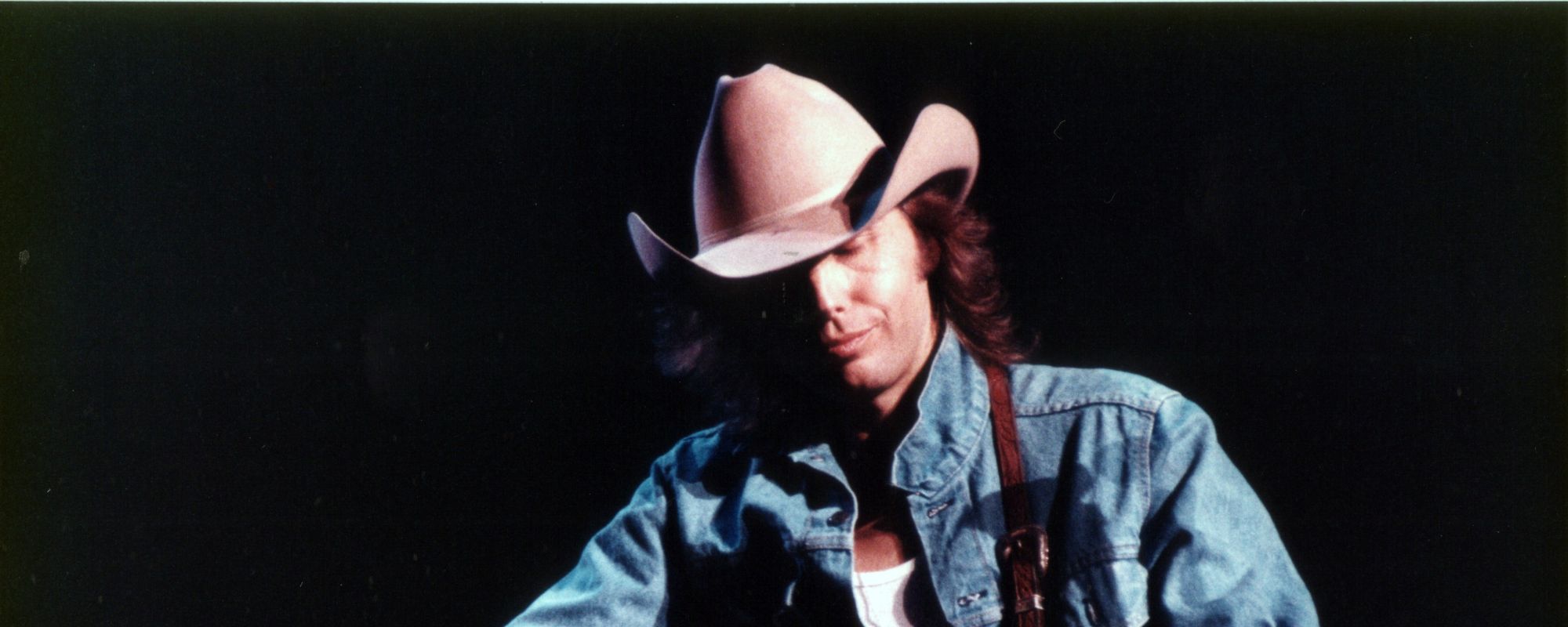
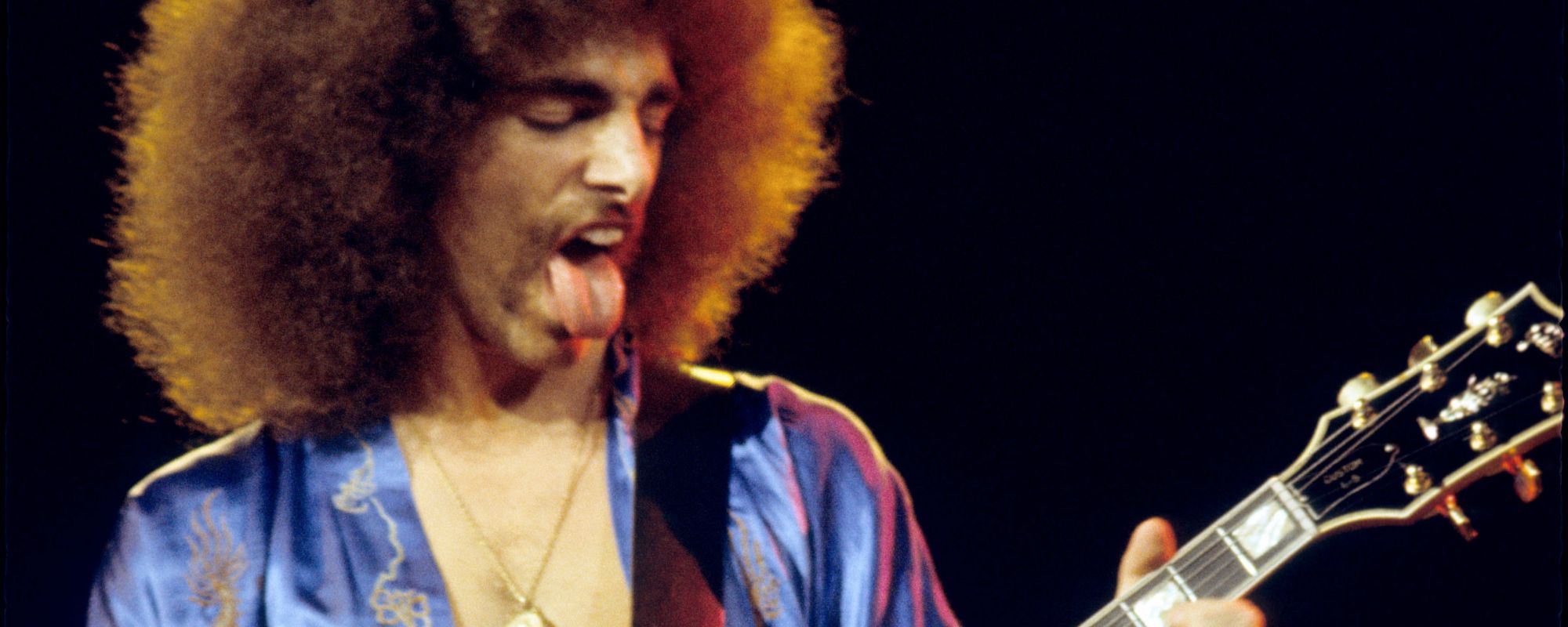
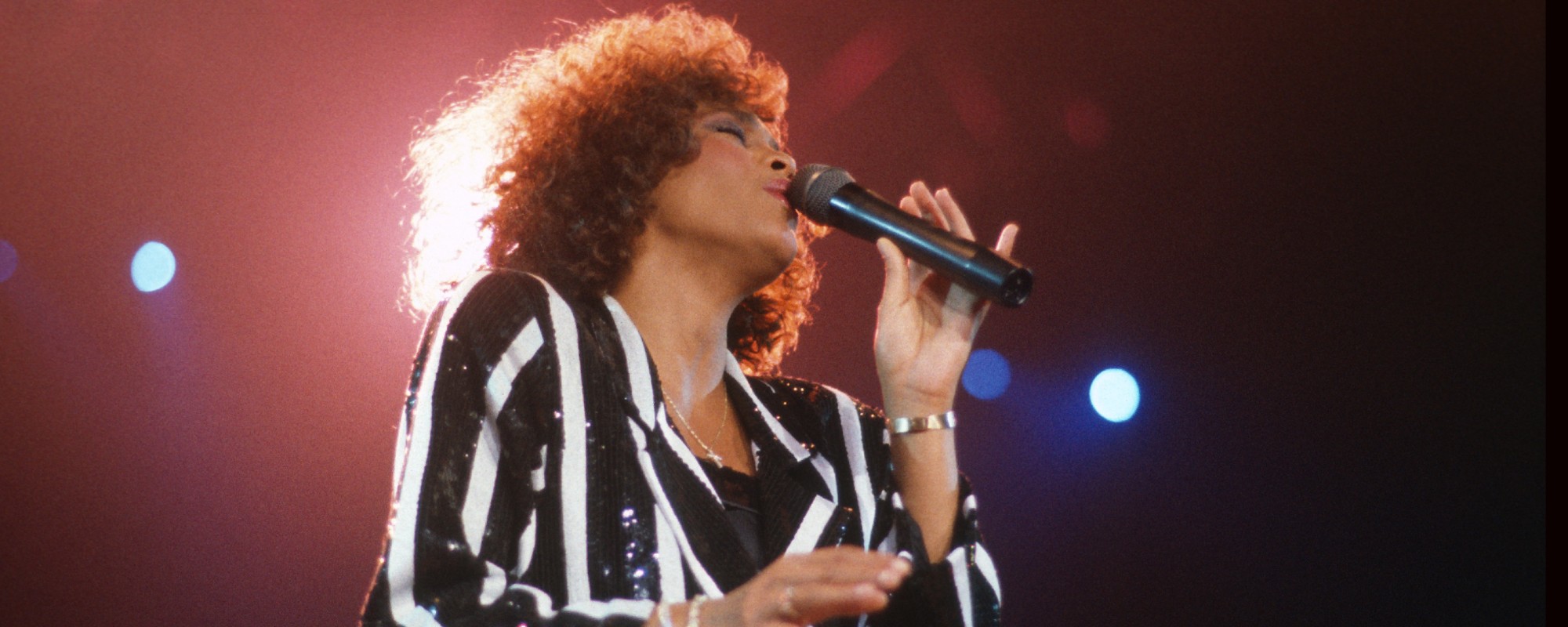


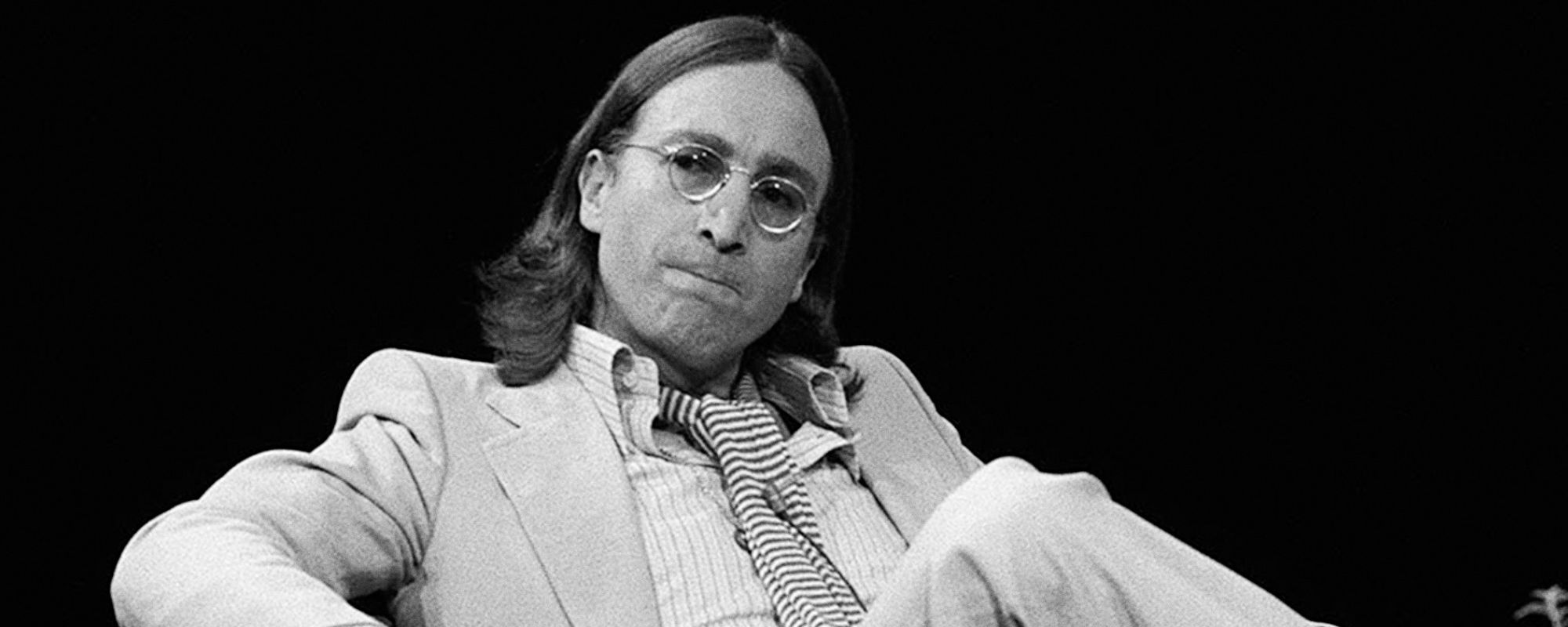

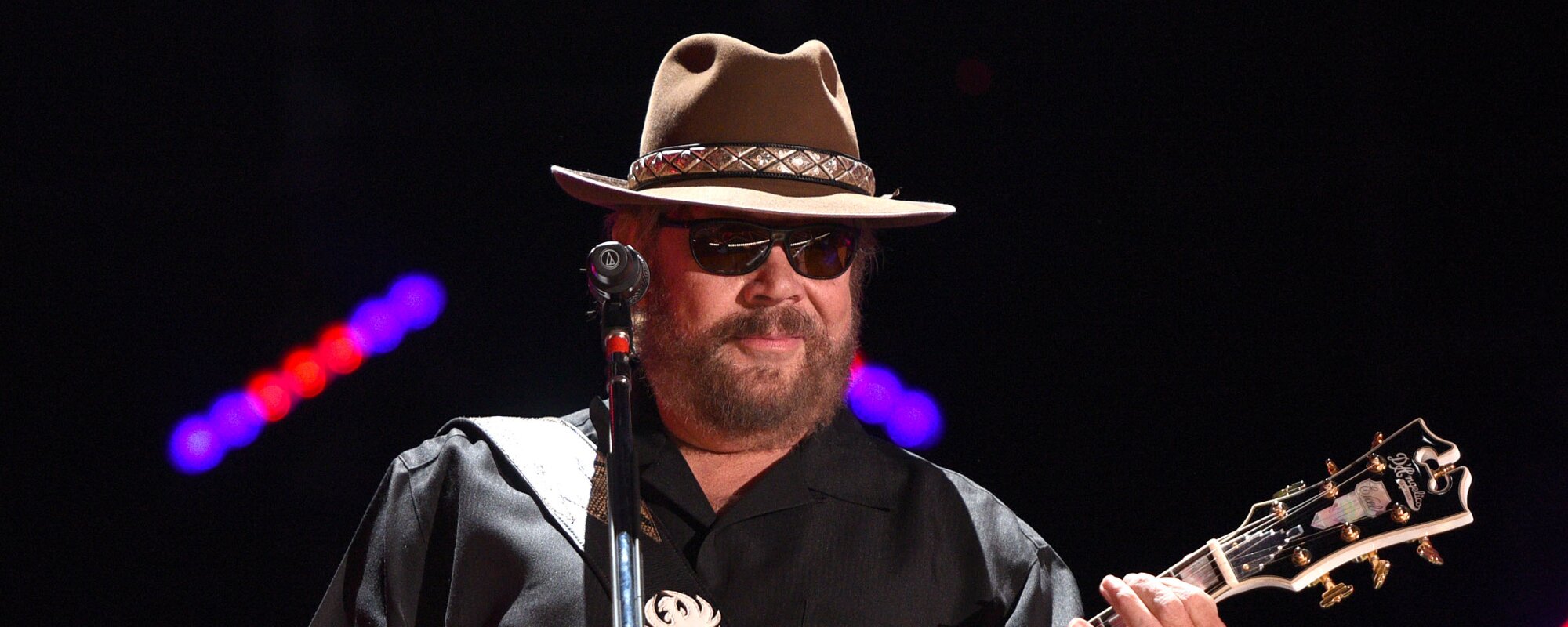

Leave a Reply
Only members can comment. Become a member. Already a member? Log in.